Indonesia
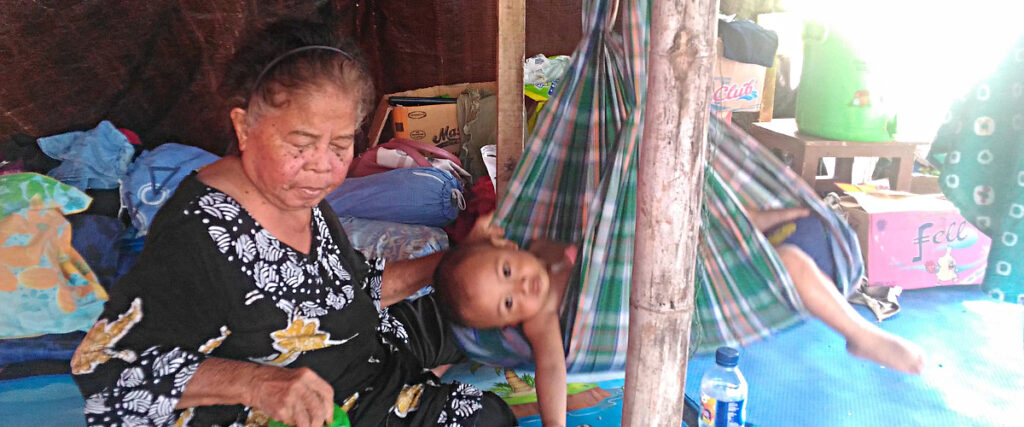
Accompanying earthquake and tsunami survivors in Central Sulawesi
Run as fast as possible away from the ocean. This was the only thing Rikmawati had on her mind after she heard a neighbour screaming,...read more

Blessing of new priests in Indonesia
The Indonesian Jesuit Province was blessed with five new priests on July 25. In a solemn and joyful celebration at St Anthony of Padua Parish,...read more

Puskat film wins first prize in TV category at Poland Catholic film festival
Puskat Audio Visual Studio’s short film entitled, “Asa Itu Ada” (There is always hope) was awarded first place in the TV programme category at the...read more

Two Jesuits ordained deacons in Indonesia
Two Jesuit scholastics were ordained deacons on June 1 by His Eminence Julius Cardinal Darmaatmadja SJ in the Church of St Anthony of Padua in...read more
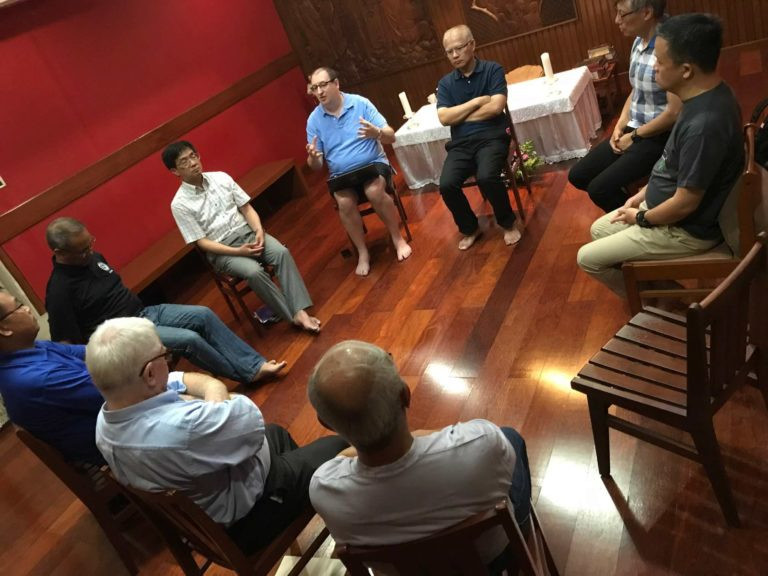
Education secretaries to collaborate on new projects
Two important projects are underway for the education apostolate across the Jesuit Conference of Asia Pacific: the Ignatian Educator Volunteer Programme and the Connected Classrooms Project. These...read more
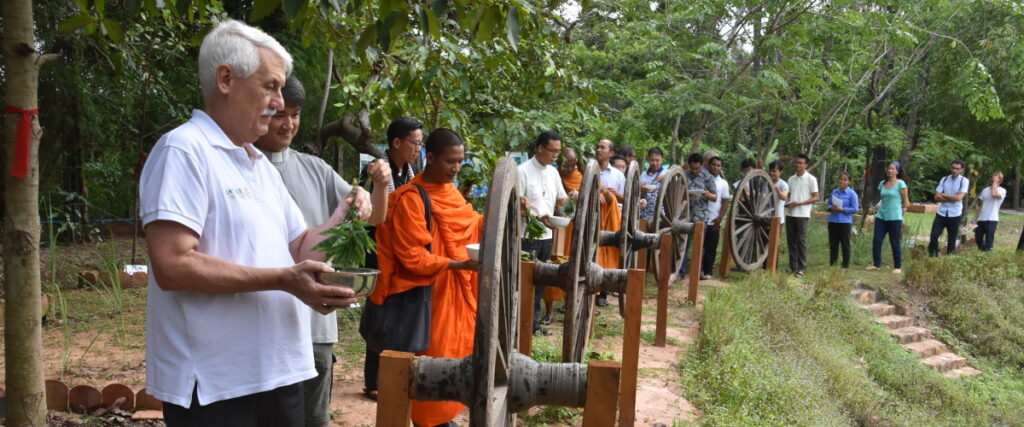
Towards a culture of encounter with other religions
Fr General Arturo Sosa SJ referred to himself as a pilgrim when he visited the Jesuit Conference of Asia Pacific last year. “St Ignatius used...read more

Chronicling the struggles of migrant workers to adapt
The Jesuit Conference of Asia Pacific (JCAP) Migration Network has published a second book. “Settling down: the struggles of migrant workers to adapt” brings together...read more
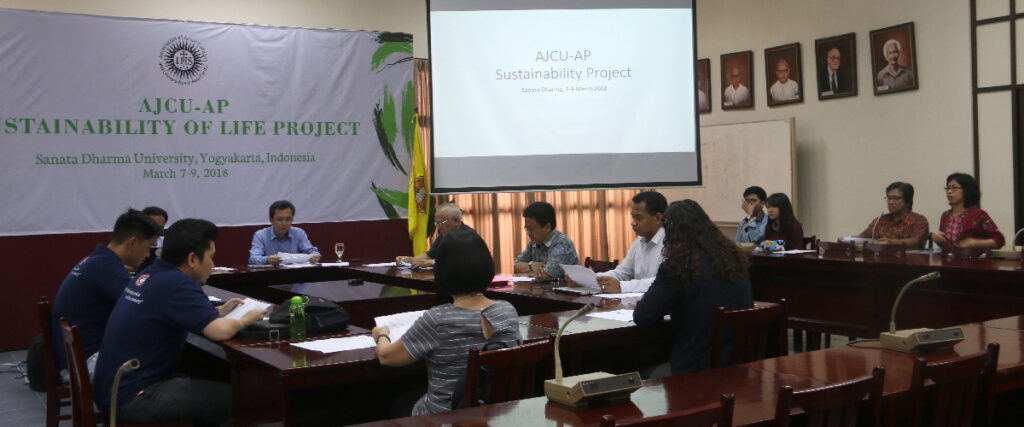
Building a home for the sustainability concept
The urgency of saving the planet from the greed of its human inhabitants cannot be emphasised enough. The Catholic Church has joined ranks with secular...read more
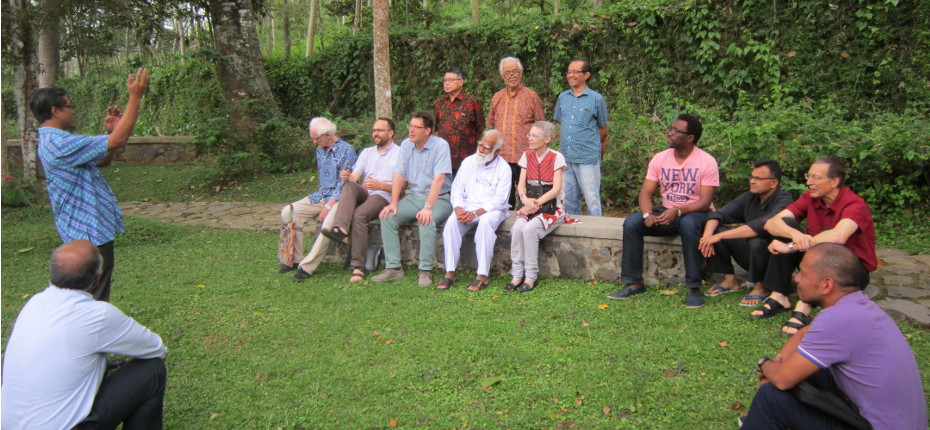
Jesuits Among Muslims discuss Islamist radicalism
Radicalism was a central theme in the meeting of the Jesuits Among Muslims (JAM) group held in Mojokerto near Surabaya, Indonesia. About 20 people including...read more
